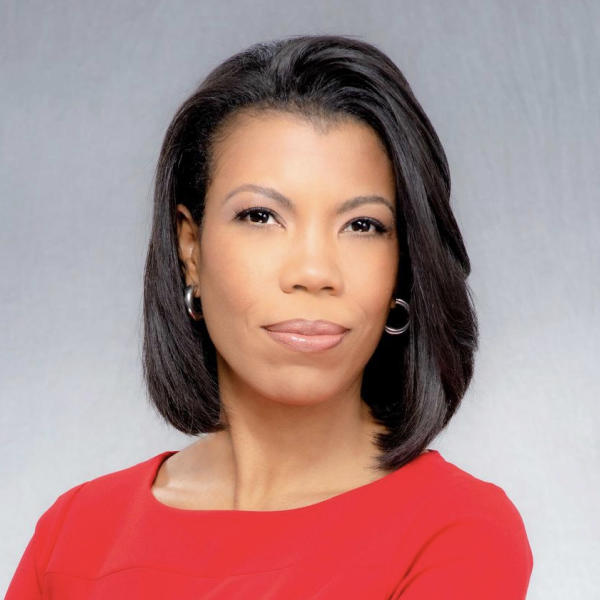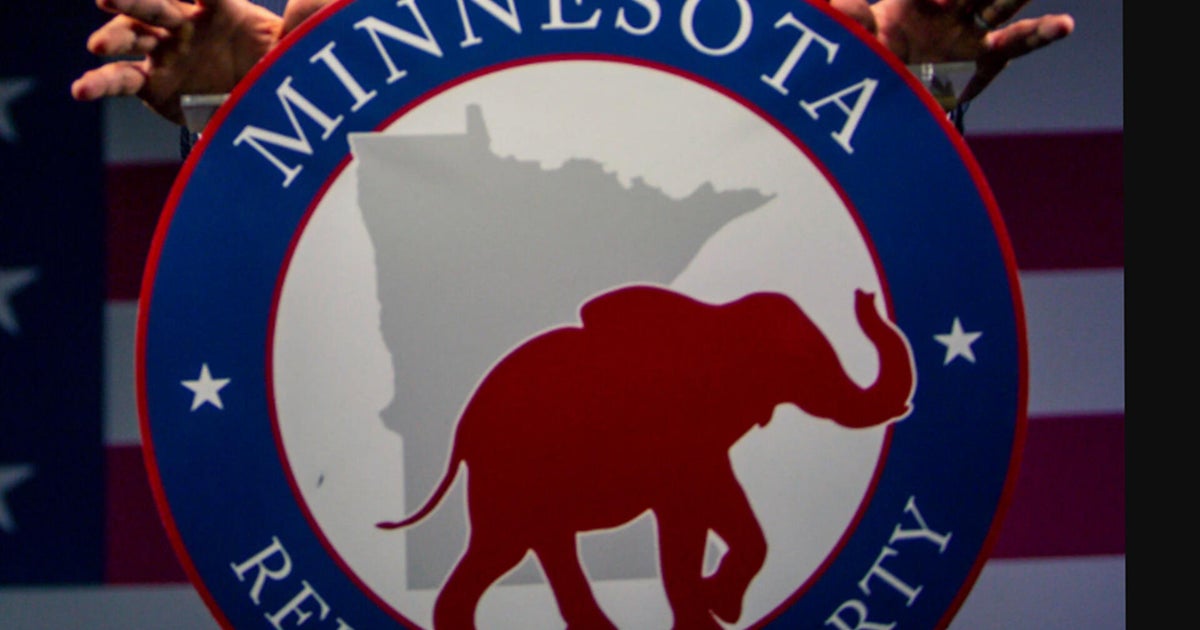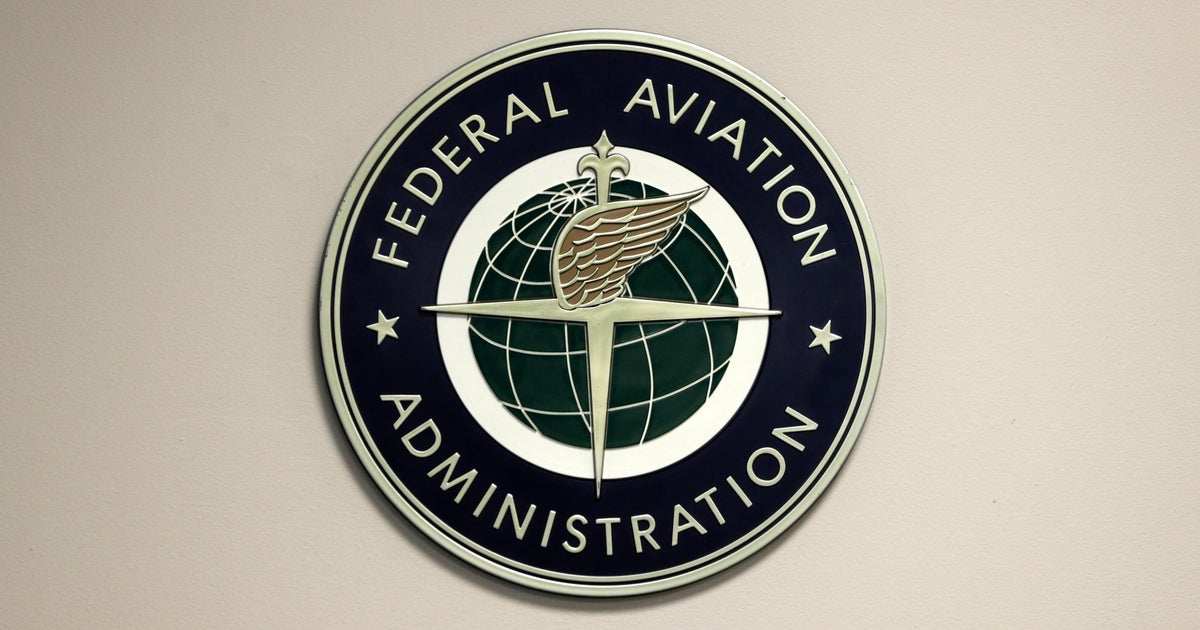Congressional policing reform negotiations continue despite setbacks
Nearly two weeks after Senate and House negotiators announced they had a "framework" on policing reform, talks are continuing while Congress is in recess.
Negotiations gained momentum after the police officer who killed George Floyd last year was convicted of murder. But the discussions, led by Democratic Senator Cory Booker, Congresswoman Karen Bass and Republican Senator Tim Scott, stalled over disagreements about litigation against police officers. Complaints from civil rights and law enforcement groups may also threaten any prospect of a deal.
Despite setbacks last month and a lack of specificity in the framework, discussions between the key negotiators continued over the weekend, a source familiar with the negotiations told CBS News. Lawmakers remain optimistic about reaching a deal but staff members are still concerned about unresolved disagreements and gaps that still need to be bridged.
Democrats want to overhaul qualified immunity, a legal doctrine that shields government officials, including police officers, from being held liable for constitutional violations. But Republicans are unwilling to end the practice, arguing that it would make officers vulnerable to frivolous lawsuits.
In March, the House passed the George Floyd Justice in Policing Act, which would eliminate qualified immunity for police officers. However, it is unlikely to pass the Senate, where Democrats would need support from at least 10 Republicans to advance the bill. So negotiators have the tricky task of crafting a bill that could appeal to Democrats in the House and Republicans in the Senate.
House Majority Whip Jim Clyburn suggested in May that it might be more productive for negotiators to "come back" to qualified immunity in order to reach a compromise. CBS News recently asked Clyburn if he still feels that way, in view of the latest impasse.
"A couple months ago when I said 'a half loaf is better than no loaf' is that a whole loaf to me is to get rid of qualified immunity," Clyburn explained. "No loaf is for it to stay the way that it is. A half loaf is somewhere in between. And so that's what I meant when I said a half loaf is better than no loaf."
Another sticking point involves disagreements over Section 242 of the U.S. Code. Democrats have advocated for changing Section 242 to require a jury to decide whether a law enforcement officer acted with reckless disregard in order to convict, rather than the current standard of "willfulness."
Republicans involved in the negotiations rejected a draft proposal circulated by Booker in early June, which would have made an officer's employer liable for any misconduct by the officer. The draft also suggested making it illegal for police to "intentionally" use excessive force. Republican Senator Lindsey Graham, who is also engaged in the negotiations, told reporters last month that he thought the draft "was pretty bad."
Republicans want to ensure that any deal doesn't diminish law enforcement officers' ability to do their jobs. Graham said on Tuesday that he is "somewhat optimistic" a deal can still be made.
"There are two goals here: to drive better policing so that some of the abuses we've seen in the past no longer occur, and try to make sure that the men and women in blue feel appreciated and that we put money on the table to professionalize our police forces but also to pay them more and train them better," Graham said.
But stakeholders have also voiced concerns about the negotiations. The NAACP, joined by multiple civil rights groups, said in a joint statement in late June that "there are a few factions within the law enforcement community who do not want meaningful change or accountability," and that these actors "are committed to standing in the way of a bill moving forward."
"Congress must pass a strong police accountability measure that will address misconduct head-on, not a bill that tinkers around the edges of justice and responsibility," the groups said, calling on Congress to pass the George Floyd Justice in Policing Act.
The groups plan to raise police reform Thursday in a White House meeting with President Biden that will also focus on voting rights.
"He will remain engaged closely with civil rights leaders...as well as with leaders of Congress," said White House press secretary Jen Psaki. "He agrees with the frustration that there is more we can do to put in place reforms on policing, something that he feels is long overdue and he would like to sign a bill into law."
The Fraternal Order of Police, a large police union engaged in negotiations, said in a statement at the end of June that "demagoguery and scare tactics have jeopardized the future of these efforts and may well have derailed the negotiations."
"If Congress abandons its efforts on criminal justice reform, the results for our citizens and our profession will be tragic," FOP President Patrick Yoes said. "If in fact the effort to craft bipartisan legislation does come to an end, we will have missed an enormous opportunity to strengthen the bonds between police officers and the communities they serve while ensuring the continuation of protections which are vital to rank-and-file police officers."
Still, negotiators seem determined to press forward until a deal is reached.
"I've been working on this issue for 48 years. So a year, even though it's frustrating to me, it doesn't make me want to turn away and give up. I cannot give it up," Bass told reporters at the Capitol last week.




